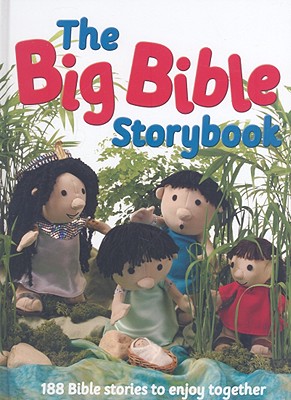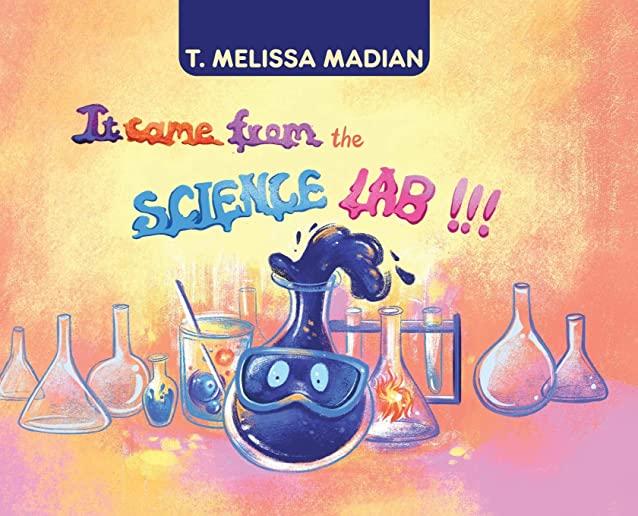
Jenkins, Jennifer
product information
description
5This is the 2018 4th edition. The 5th edition was released in July 2021 and can be found here https: //amzn.to/36Me74S This Open Coursebook is an introduction to intellectual property law, the set of private legal rights that allows individuals and corporations to control intangible creations and marks-from logos to novels to drug formulae -and the exceptions and limitations that define those rights. It focuses on the three main forms of US federal intellectual property-trademark, copyright and patent, with a new chapter on Federal and state trade secret protection-but many of the ideas discussed here apply far beyond those legal areas and far beyond the law of the United States. The book is intended to be a textbook for the basic Intellectual Property class, but because it is an Open Coursebook, which can be freely edited, customized, copied and shared, it is also suitable for undergraduate classes, or for a business, library studies, communications or other graduate school class. A free downloadable version can be found at the Duke Center for the Study of the Public Domain website. Each chapter contains an clear introduction to the field, cases and secondary readings illustrating the structure and conflicts in the theory and doctrine of intellectual property, followed by questions to test the student's understanding. Every chapter is built around a set of problems or role-playing exercises involving the material. The problems range from a video of the Napster oral argument, with the students asked to take the place of the lawyers, to exercises counseling clients about how search engines and trademarks interact, to discussions of the First Amendment's application to Digital Rights Management or the Supreme Court's new rulings on gene patents. The readings come from writers as diverse as John Locke, Mark Twain, Victor Hugo, Thomas Babington Macaulay and John Perry Barlow. This edition is current as of July 1, 2018. It includes discussions of such recent issues as Matal v. Tam, the case striking down the Lanham Act's disparaging marks provisions on First Amendment grounds, Oracle v. Google, which threatens to upend the rules on copyright and software, and Varsity Brands the Supreme Court's puzzling decision on copyright over useful articles. It is designed to be used with Boyle & Jenkins, Intellectual Property: Selected Statutes and Treaties, 2016 Edition, which is also available both as a freely downloadable Open Coursebook and a high quality, low-cost paperback. About the Authors James Boyle is William Neal Reynolds Professor of Law at Duke Law School and the former Chairman of the Board of Creative Commons. His other books include The Public Domain: Enclosing the Commons of the Mind, Bound By Law and Theft! A History of Music (both with Jennifer Jenkins) Jennifer Jenkins is Clinical Professor of Law (Teaching) at Duke Law School and the Director of the Center for the Study of the Public Domain. Her recent articles include In Ambiguous Battle: The Promise (and Pathos) of Public Domain Day, and Last Sale? Libraries' Rights in the Digital Age. She is the co-author, with James Boyle, of Bound By Law and Theft! A History of Music.
member goods
No member items were found under this heading.
listens & views

MARILYN HILL SMITH SINGS KALMAN ...
by KALMAN / LEHAR / KNIGHT / CHANDOS CONCERT ORCH
COMPACT DISC$11.49
Return Policy
All sales are final
Shipping
No special shipping considerations available.
Shipping fees determined at checkout.






